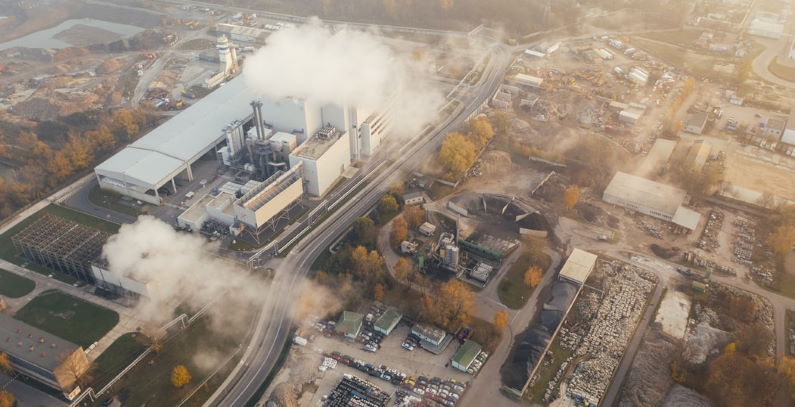The UK may need to, in the future, implement a Carbon Dioxide border tax in light of the greenhouse gas emissions released during the exportation of goods by consumers.
The Carbon Dioxide border tax would mean that a levy would be imposed on imports that emitted large amounts of Carbon Dioxide and greenhouse gas emissions during production. Specifically regarding meat production. Without the implementation of the Carbon Dioxide border tax, emission trading schemes may not run effectively.
A C02 border tax levy would be implemented through a carbon pricing structure. This would entail placing a taxable amount on each ton of greenhouse gases that are emitted. This would include all fossil fuels used and the release of emissions during the production process and transportation process of all products.
When asked why the Carbon Border tax should be implemented, George Eustice gave his opinion on the need for C02 Tax. He stated that “Were you to introduce some kind of emissions trading scheme to try to reduce carbon emissions further … then you would also need to have some kind of carbon border tax to take account of those countries that maybe were not pulling their weight”. Carbon Dioxide border tax and its implementation would also be fundamental to ensure that local producers remain protected.
The C02 border tax would encourage the use of cleaner alternatives. The border tax will also encourage producers to seek cheaper, renewable solutions. The cost of the C02 border tax imposed on businesses will force them to lower their greenhouse gas emissions to pay less C02 border tax.
In the long term, the result and aim of the C02 border tax are to create a more sustainable production chain and an environmentally friendly business sector. Ultimately, the C02 border tax will help fight the climate crisis faced within the UK.
However, the C02 border tax may affect production and exports from a trade-related perspective. Developing countries are most affected by the implementation of additional taxes, meaning that they would need to pay taxes if they want to export goods to the UK. Resulting in the wealth gap between developed and developing countries widening.
The overall goal for the implementation of the C02 border tax, other than reducing greenhouse emissions and promoting a sustainable future of production, is creating an equal and level playing field for domestic and international businesses. Local businesses who are already contributing to a suitable long-term solution are placed on the same competitive level as International companies. Global companies would be taxed and forced to explore cleaner alternatives, which is what domestic businesses have already been implementing.
Although there are both benefits and disadvantages of the implementation of C02 border tax, Carlos Razo, author of a report explaining the C02 border tax in detail, stated that “At the end, it’s something that everybody will benefit from, because emissions anywhere are a threat to prosperity everywhere”.






